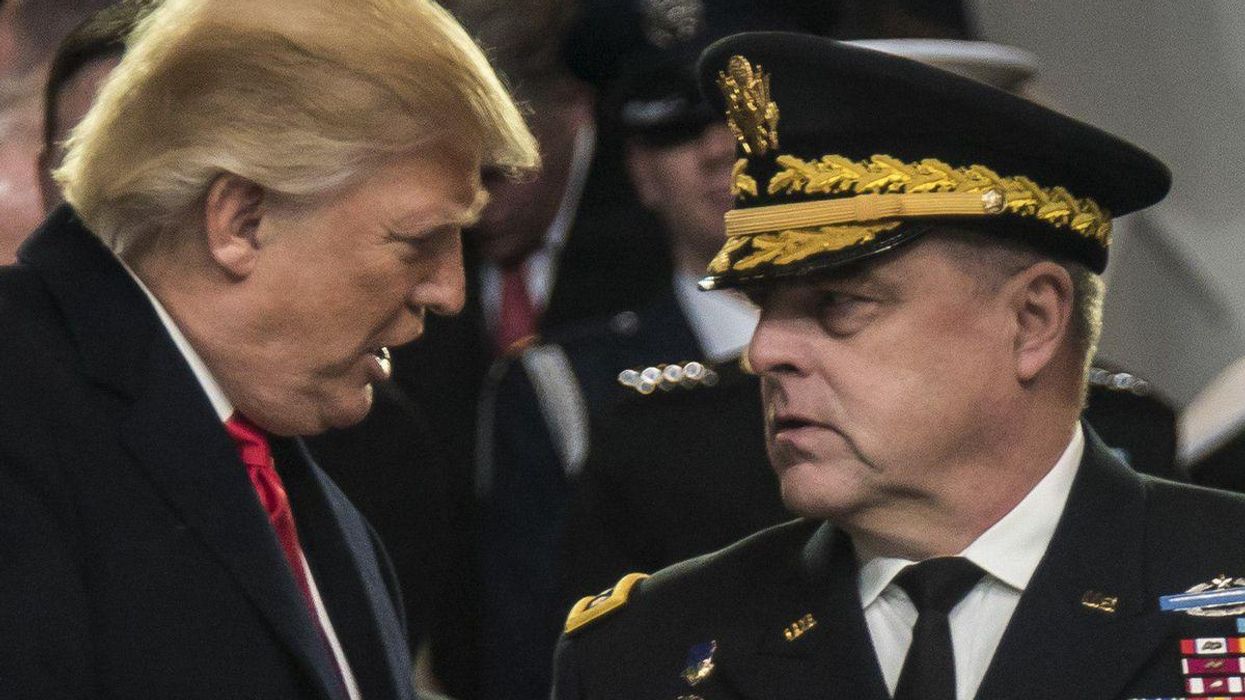
California’s report said $440 million. New Jersey’s said $600 million. In Pennsylvania, the tally is $700 million. Those Wall Street fees paid by public workers’ pension systems have kicked off an intensifying debate over whether such expenses are necessary. Now, a report from an industry-friendly source says those huge levies represent only a fraction of the true amounts being raked in by Wall Street firms from state and local governments.
“Less than one-half of the very substantial [private equity] costs incurred by U.S. pension funds are currently being disclosed,” says the report from CEM, whose website says the financial analysis firm “serve(s) over 350 blue-chip corporate and government clients worldwide.”
Currently, about 9 percent — or $270 billion — of America’s $3 trillion public pension fund assets are invested in private equity firms. With the financial industry’s standard 2 percent management fee, that quarter-trillion dollars generates roughly $5.4 billion in annual management fees for the private equity industry — and that’s not including additional “performance” fees paid on investment returns. If CEM’s calculations are applied uniformly, it could mean taxpayers and retirees may actually be paying double — more than $10 billion a year.
Public officials are overseeing this massive payout to Wall Street at the very moment many of those same officials are demanding big cuts to retirees’ promised pension benefits.
“With billions of public worker and taxpayer dollars put at risk in the highest-cost, most opaque investment schemes ever devised by Wall Street for a decade now, investigations that hold Wall Street profiteers accountable are long, long overdue,” said former Securities and Exchange Commission attorney Ted Siedle.
Private equity firms have argued that their fees are worth the expense, because they supposedly deliver returns for investors that beat low-fee index funds, which track the broader stock market. But those private equity returns are typically self-reported by the firms over the life of those longer-term investments, meaning there are few ways to verify whether the returns are real. Indeed, a recent study from George Washington University argued that private equity firms are using their self-reporting authority to mislead investors into believing their returns are smoother and more consistent than they actually are.
In a 2014 speech, the SEC’s top examiner, Andrew Bowden, sounded the alarm about undisclosed fees in the private equity industry, saying the agency had discovered “violations of law or material weaknesses in controls over 50 percent of the time” at firms it had evaluated.
To date, however, the SEC has taken few actions to crack down on the practices, but some states are starting to step up their oversight.
In New Jersey, for instance, pension trustees announced a formal investigation of Gov. Chris Christie’s administration after evidence surfaced suggesting that the Republican administration has not been disclosing all state pension fees paid to financial firms.
In Rhode Island, the new state treasurer, Seth Magaziner, a Democrat, recently published a review of all the fees that state’s beleaguered pension fund has paid. The analysis revealed that the former financial firm of Democratic governor Gina Raimondo is charging the state’s pension fund the highest fee rate of any firm in its asset class.
In Pennsylvania, the new Democratic governor, Tom Wolf used his first budget address to call for the state “to stop excessive fees to Wall Street managers.”
These moves are shining a spotlight on one of the most lucrative yet little-noticed Wall Street schemes. With so much money at issue – and with pensioners retirement income on the line — that scrutiny is long overdue.
David Sirota is a senior writer at the International Business Times and the best-selling author of the books Hostile Takeover, The Uprising, and Back to Our Future. Email him at ds@davidsirota.com, follow him on Twitter @davidsirota or visit his website at www.davidsirota.com.
AFP Photo / Stan Honda


